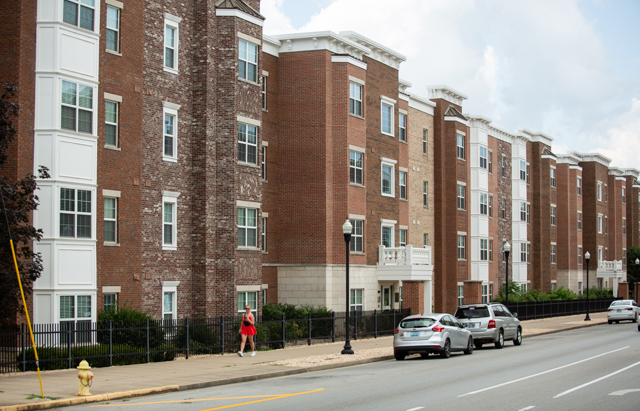Mnuchin is on target scaling back Dodd-Frank
Published 9:00 am Monday, June 19, 2017
The 2010 Dodd-Frank financial reform law was a classic case of government making a bad situation worse.
The law was championed by the Obama administration. Its false premise was that it would prevent a repeat of the 2008 financial crisis by halting “excessive risk-taking.” Like many Democratic initiatives, the law was cover for a major expansion of the regulatory apparatchik and the reliably Democratic government jobs that go with such mischief.
Trending
But Dodd-Frank played a major role in the moribund economic recovery that ultimately cost Democrats control of Congress and the White House. It is interesting – and disconcerting – that many Democrats still don’t grasp that.
The Wall Street Journal recently reported that 3 million potential first-time home buyers found themselves shut out of the market over the past decade, creating a major drag on the housing recovery. Tight credit resulting from the new financial regulations was a key component of this problem.
The WSJ says housing economists see a snowball effect from this phenomenon. Specifically, first-time buyers are key drivers of the overall housing market. By purchasing starter homes, they enable current owners to trade up.
“They (first-time buyers) provide greater mobility to the overall housing market,” National Association of Realtors Chief Economist Lawrence Yun told the newspaper. “Without first-time buyers the market becomes much more stagnant and less dynamic.”
Last week, Treasury Secretary Steve Mnuchin unveiled a series of proposed measures, including significant revisions to the Dodd-Frank law, which he believes can right the ship. He says current law is unnecessarily restrictive and prevents banks from engaging in the level of lending activity necessary for the economy to grow. Mnuchin said of his proposals, “We tried to have the right balance between eliminating undue, burdensome regulations while not putting taxpayers at risk.”
This is what is needed. The political reaction is what one might expect. Republicans and the banking industry have praised the initiative. Democrats and some union lobbyists (government jobs are one of the last bastions of growth for unions these days) take offense.
Trending
Treasury officials say a key focus of their effort is to relieve regulatory pressure on smaller banks. Many of the smallest already have been forced to merge to deal with the compliance cost of the one-size-fits-all Dodd-Frank regimen.
Scaling back Dodd-Frank can go a long way toward re-energizing the U.S. economy simply by undoing the damage inflicted under it while President Barack Obama and Democrats were in control.
Democrats were quick to seize on public anger in the wake of the 2008 economic collapse to impose populist measures that “punished” the alleged excesses of the financial industry. We wonder to this day how many of them grasp that such measures have foreseeable economic outcomes – outcomes that ultimately cost many of them their legislative jobs.
Many pundits on the left have asked in recent weeks how the stock market manages to plug steadily higher amid such high theater as the James Comey testimony. It is because that doesn’t matter to the economy. What matters are steps such as those announced by Mnuchin this week. They inspire confidence, which is why stocks are up and most Americans see better days ahead.






